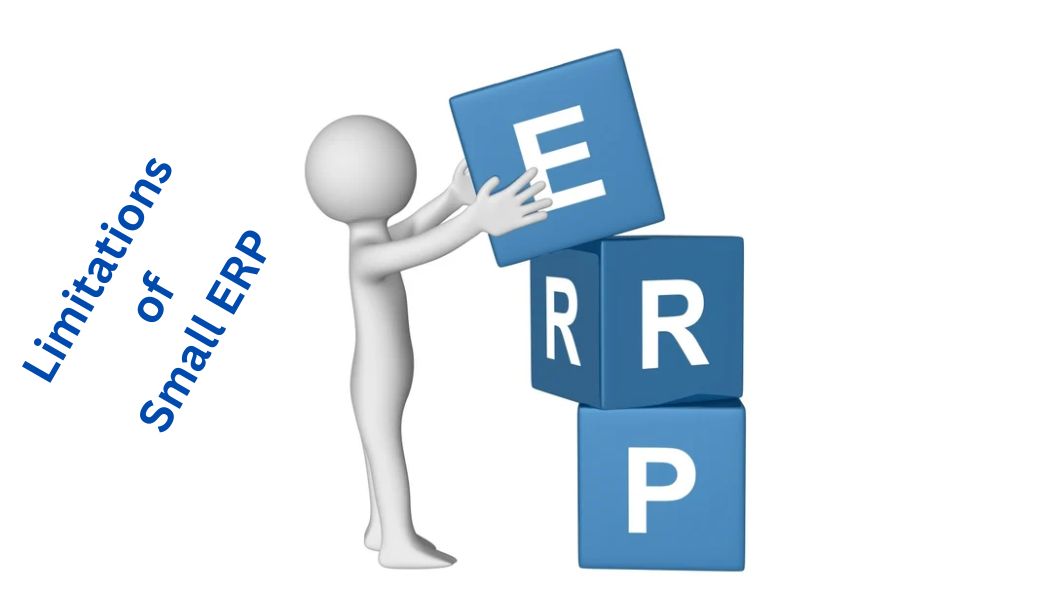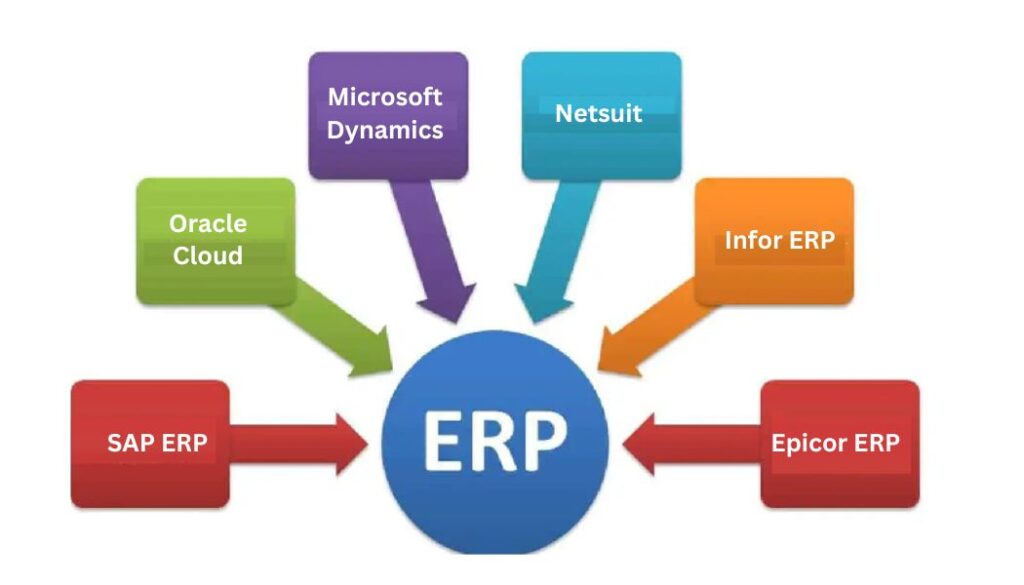
The Pitfalls of Buying a Small ERP: Size and brand Matters
Enterprise Resource Planning (ERP) systems are essential to manage the administrative processes of companies. For small businesses, the temptation to opt for a small or scaled-down ERP solution might seem like a cost-effective and practical choice. However, the decision to buy a small ERP can often lead to unintended consequences and limitations. In this article, I explore why choosing a small ERP system may not always be the wisest decision.
What is ERP (Enterprise Resource Planning)?
Enterprise Resource Planning (ERP) is a comprehensive software solution designed to streamline and optimize various core business processes within an organization. It provides a centralized platform that integrates and manages critical functions such as finance, human resources, supply chain management, inventory, sales, and more.
An adequate ERP system streamlines processes, improve data accuracy, and enable better decision-making. These are some examples of ERP.

8 reasons to avoid buying small ERP
- Limited Scalability: Small ERPs are designed with simplicity in mind, which can be a boon for small businesses with straightforward needs. However, as your business grows, so do its requirements. Small ERPs may lack the scalability to accommodate this growth, leading to a situation where it becomes a bottleneck rather than a facilitator of expansion.
- Reduced Functionality: Small ERPs typically offer a limited set of features compared to their larger counterparts. While this might be sufficient for basic operations, it can severely limit your ability to innovate and adapt to changing market conditions. Over time, you may find your business outgrows the capabilities of your ERP system, forcing you to seek additional solutions and leading to inefficiencies.
- Inadequate Support: Smaller ERP providers may lack the resources and infrastructure to offer robust customer support and regular system updates. When issues arise or if you require customizations, you might find yourself waiting for extended periods, which can disrupt your business operations.
- Integration Challenges: In today’s interconnected business environment, integration with other systems and platforms is often essential. Small ERPs may not have the flexibility or pre-built integrations to connect seamlessly with the various tools your business relies on, which can lead to manual data entry, discrepancies, and a lack of real-time visibility into your operations.
- Compliance and Security Risks: Many industries are subject to strict regulatory requirements regarding data security and compliance. Small ERPs may not have the robust security measures or compliance features necessary to protect sensitive data and meet regulatory standards. Failing to comply with these regulations can result in fines and reputational damage.
- Total Cost of Ownership: While small ERPs may have a lower upfront cost compared to larger systems, the total cost of ownership can be deceiving. As your business grows and your needs evolve, you may incur additional costs for system upgrades, customizations, and integrations. Over time, these costs can surpass the initial savings.
- Report Capabilities: A small ERP may lack the analytical and reporting capabilities needed to gain meaningful insights from your data. Without these insights, you might miss valuable growth opportunities, as you won’t have the necessary information to make informed decisions.
- Competitive Disadvantage: A robust ERP system can be a competitive advantage in the highly competitive business world. Larger competitors with more comprehensive ERP solutions may outpace your business in terms of efficiency, customer service, and innovation.
Conclusion
While the appeal of a small ERP system lies in its simplicity and lower initial cost, it’s crucial for businesses to consider their long-term needs and growth prospects. Opting for a small ERP may save money in the short term, but it can lead to scalability, functionality, and integration challenges. Remember, when it comes to ERPs, size does matter.
I hope this article on ERP has been helpful to you. I will continue to post information related to warehouse management, distribution practices and trends, and the economy in general. If you want to know how Laceup’s solutions can help you with e-commerce, click the link below to schedule an exploratory meeting.
There is a lot of relevant information on our channel. Check this video related with today’s subject.


Sorry, the comment form is closed at this time.